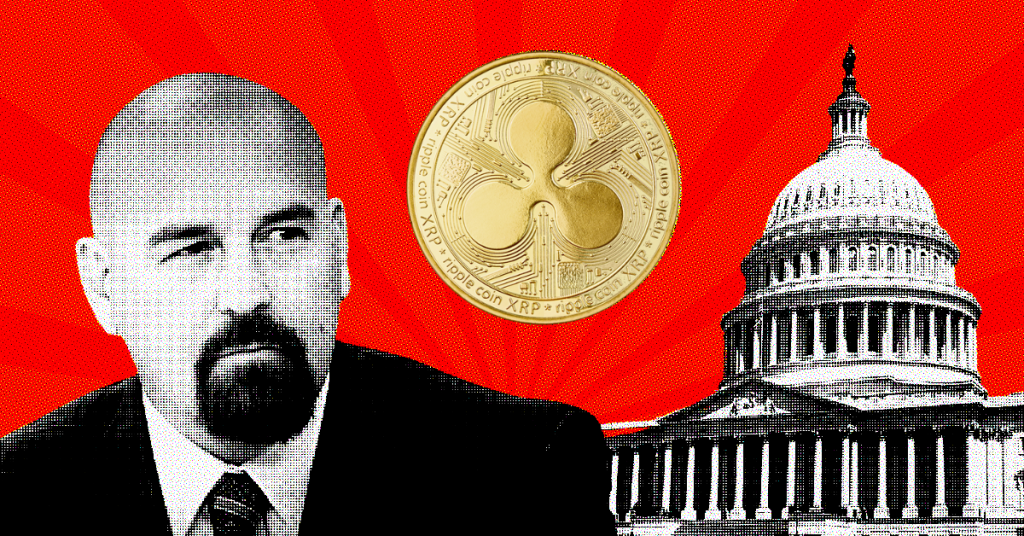
The post “Selling XRP was LEGAL,” Says Pro-XRP Lawyer John Deaton Challenging SEC’s Global Jurisdiction appeared first on Coinpedia Fintech News
The ongoing court battle between the U.S. Securities and Exchange Commission (SEC) and Ripple Labs has taken a dramatic turn with pro-XRP lawyer John Deaton’s recent statements. Deaton, the founder of Crypto Law US and a prominent voice in cryptocurrency advocacy, has challenged the SEC’s reach beyond U.S. borders, sparking a debate on the legalities of XRP sales worldwide.
John Deaton has challenged the SEC’s bold attempts to seek disgorgement for Ripple’s XRP sales outside the United States. Drawing on the precedent set by the U.S. Supreme Court’s Morrison decision, Deaton argues that the SEC’s jurisdiction does not extend to Ripple’s international transactions, especially in jurisdictions where local regulators declare XRP a non-security.
International Perspective on XRP
As the SEC’s lawsuit hinges on the classification of XRP as a security, Deaton’s focus on international regulators’ stance is crucial. In the UK, the Financial Conduct Authority (FCA) has classified XRP as an exchange/utility token, and the Japanese Financial Services Agency (FSA) also does not consider XRP a security. This international regulatory landscape contrasts sharply with the SEC’s current position and supports Deaton’s argument against the SEC’s overreach.
Deaton’s analysis suggests that most of Ripple’s sales subject to disgorgement could be excluded based on geography alone. He further narrows the scope by citing sales to accredited investors and the nature of the transactions, which, in the case of On-Demand Liquidity (ODL) services, involve the rapid turnover of XRP and, therefore, an argument against the presence of harm.
Highlighting the unique community involvement, Deaton points out that over 75,000 XRP holders have petitioned the court, asserting that the SEC, not Ripple, has caused them harm.
Ripple’s Strong Position Amidst SEC’s Scrutiny
With the SEC’s aggressive pursuit of disgorgement for XRP sales, Deaton’s commentary underscores Ripple’s potential for a favorable outcome. According to Deaton, the court’s goal is not to punish Ripple in a non-fraudulent case but to rectify any proven harm to investors—a scenario that seems increasingly unlikely given the current evidence and international regulatory landscape.
The ongoing Ripple litigation has brought to light the complex interplay between national sovereignty, international law, and the flourishing framework of cryptocurrency regulation. As the legal battle unfolds, the insights provided by experts like John Deaton will continue to be invaluable in understanding the broader implications for the global cryptocurrency market. Ripple’s legal team, guided by international support and the community’s backing, awaits the court’s decision with an air of cautious optimism.

 1 year ago
109
1 year ago
109
 LEGAL in those jurisdictions – as declared by their regulators – yet the U.S.’s
LEGAL in those jurisdictions – as declared by their regulators – yet the U.S.’s 













 English (US) ·
English (US) ·